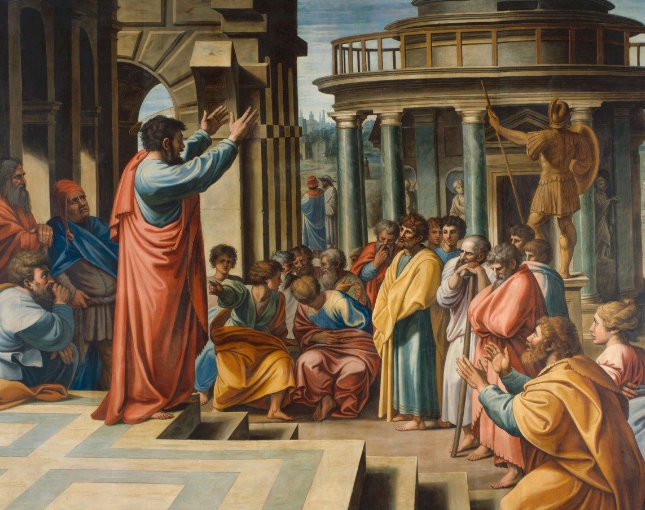Saint Paul: Apostle to the Gentiles
Saint Paul holds a unique and significant position in the Christian faith as the Apostle to the Gentiles. His unwavering mission led him to spread the teachings of Jesus beyond Jewish communities, shaping the early Church and influencing millions worldwide. Understanding his life and contributions provides deeper insights into Christianity’s growth and the embracing of diverse cultures within faith.
The Early Life of Paul
Born Saul of Tarsus, Paul was initially a zealous Pharisee who persecuted Christians. His dramatic conversion on the road to Damascus transformed him completely, leading to his new identity and mission. Following his conversion, Paul dedicated his life to preaching the Gospel, demonstrating a remarkable ability to connect with those who felt alienated from traditional Jewish teachings. His background as a Roman citizen gave him a unique advantage when traveling and sharing the message of Christ across different territories.
Missionary Journeys
Paul’s relentless missionary journeys, totaling three major trips, were pivotal in establishing early Christian communities throughout the Mediterranean. He traveled extensively, visiting cities like Antioch, Corinth, and Ephesus, where he engaged with both Jews and Gentiles. His letters—often written in response to the challenges faced by these communities—formed a substantial part of the New Testament. These epistles not only addressed theological issues but also offered practical advice on living a Christian life, making them relevant across generations.
The Theology of Inclusion
One of Paul’s most significant contributions was his emphasis on grace and inclusion. He argued that faith in Jesus was accessible to everyone, regardless of their background or status. This radical idea challenged the established norms of his time and invited Gentiles into the faith without requiring strict adherence to Jewish laws. Paul’s teachings highlighted the notion of unity in diversity, emphasizing that all believers were equal in the eyes of God. His interpretations of the Gospel shaped Christian theology and promoted a welcoming approach to faith communities.
In conclusion, Saint Paul’s journey from persecutor to Apostle exemplifies the transformative power of faith. His missionary work and inclusive teachings have left an indelible mark on Christianity, inviting people from all walks of life into a shared belief. To dive deeper into the life and contributions of Saint Paul, consider reading his letters or exploring more about the early Church’s development. Understanding his legacy can inspire us to embrace diversity and inclusivity in our own lives. If you’re interested in artistic representations of Christianity, explore some of the paintings and Christian sculptures.

